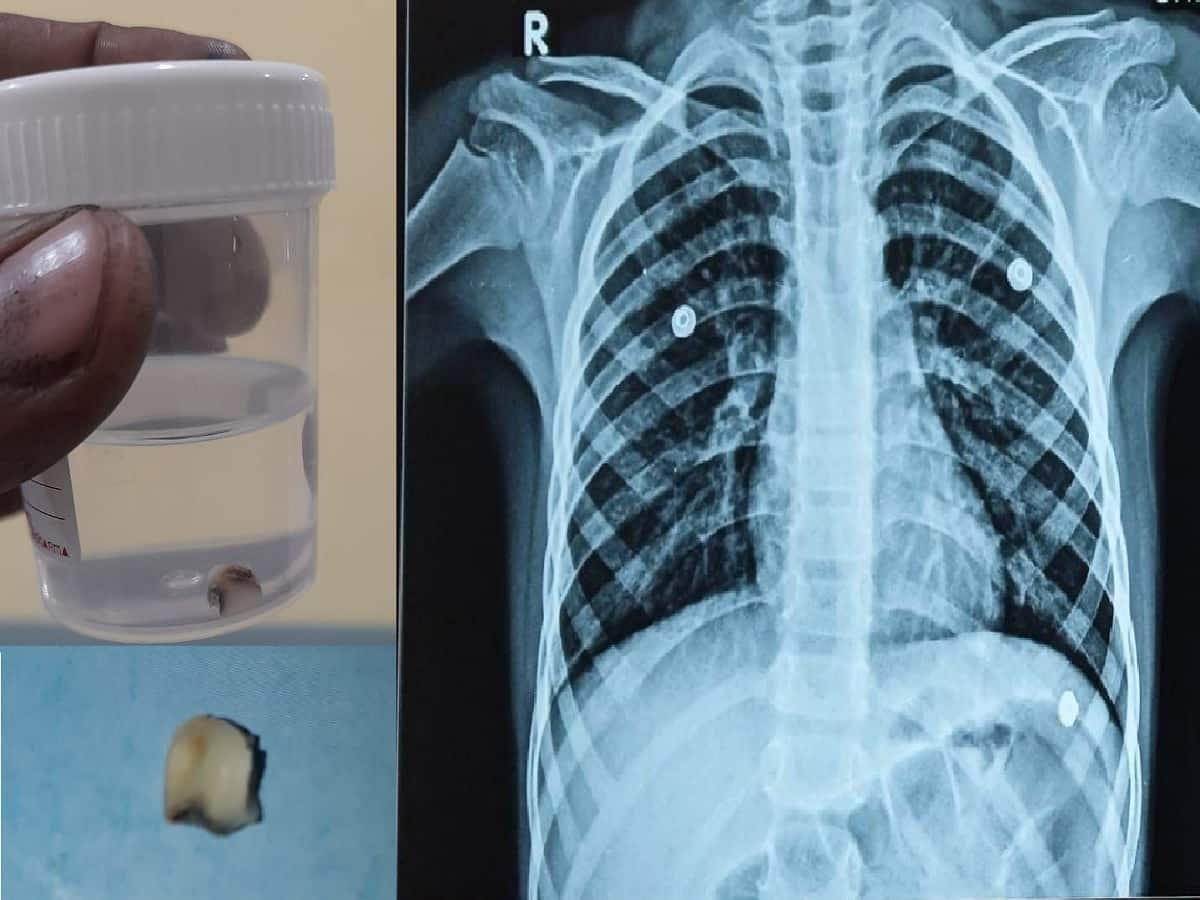 How Can You Prevent Miscarriages – miscarriages are very common nowadays due to multiple factors including your lifestyle. Here’s how you can mitigate the risk of miscarriages and have a healthy pregnancy.
How Can You Prevent Miscarriages – miscarriages are very common nowadays due to multiple factors including your lifestyle. Here’s how you can mitigate the risk of miscarriages and have a healthy pregnancy.
A miscarriage is when a pregnancy ends abruptly in the early weeks or months. Miscarriages are not uncommon, and they typically suggest that something went wrong in the carrying of the pregnancy or that the fetus isn’t developing normally. While factors that mostly lead to miscarriage are unavoidable, one can take steps to have a healthier pregnancy. Losing a baby is a traumatic experience; understanding the signs, causes, and risk factors of miscarriage is essential for a pregnant woman as it may lower the risk of a premature end to the pregnancy.
Common Signs Of A Miscarriage
Some common signs and symptoms of a miscarriage include;
- Sudden spotting that lasts longer than three days
- Heavy bleeding that includes clots
- Severe cramps in the back and abdomen region
- Unexpected weight loss
- Vaginal discharge that includes fluid or mucus
- Lack of signs of pregnancy, including breast tenderness, nausea, and vomiting
If you experience any signs of miscarriage, it is recommended to seek emergency treatment and get a physical exam to find the cause of the symptoms.
Risk factors For Miscarriage
While women of any age can suffer from miscarriage, it is significantly more prominent in women over 40. The increase in age leads to the increased incidence of chromosomal abnormalities, which further causes miscarriages. Women who are heavy smokers, and drinkers are at a greater risk of miscarriage than their counterparts. It is also important to be physically fit, as being underweight or overweight can lead to an increased risk of miscarriage. Medical conditions such as certain uterine anomalies or other chronic conditions like uncontrolled diabetes and thyroid (either Hyperthyroidism or Hypothyroidism) have a higher risk of miscarriage. Moreover, women with a history of miscarriages are also at high risk.
Causes Of Miscarriage
The majority of miscarriages occur in the first trimester and are caused by chromosomal abnormalities. These abnormalities can either be hereditary or spontaneous. Miscarriages can also be caused by other factors such as:
Medical conditions
Infections within the uterus or cervix can cause miscarriage. Chronic conditions such as diabetes and high blood pressure can also put a pregnant woman at high risk of miscarriages if they are not appropriately treated. Thyroid diseases, uterine abnormalities, congenital heart disease, and severe kidney diseases are just some other conditions that can cause miscarriage.
Environmental and lifestyle factors
Exposure to high levels of radiation, chemicals, and toxins can be dangerous for a pregnant woman. Lifestyle factors such as smoking, drinking, and drugs can harm the development of a fetus.
They should also avoid long exposure to electronic devices like laptops and mobile phones. Electromagnetic fields from these devices can produce biological stress and free radicals. Long term exposure to electromagnetic fields can lead to higher levels of oxidative stress. This makes the pregnant woman susceptible to tissue and cell damage and thus increases the risk of miscarriages.
How Can You Prevent Miscarriages?
How Can You Prevent Miscarriages – In most cases, nothing can be done to prevent a miscarriage, however, taking good care of the baby and yourself can improve your chances of a healthy pregnancy and possibly reduce your risk for miscarriage.
Choose a healthy lifestyle
Avoiding alcohol, cigarette smoking, and drug use can help you eliminate risk factors that can lead to miscarriage. It is crucial to reduce your caffeine intake during pregnancy. Some other ways to improve your pregnancy health include exercising regularly, resting and eating a nutritious diet.
Manage your chronic medical conditions
Women with medical issues such as diabetes, blood pressure, and autoimmune diseases should consult a doctor and get proper treatment to prevent any risks during pregnancy.
Maintain a healthy weight
Being overweight or underweight, can cause problems during pregnancy and even lead to miscarriages. Therefore, a woman must take care of her body by exercising and eating right to stay fit.
Protect yourself and the baby against infections
Washing your hands frequently and making sure you are vaccinated can help you avoid infections such as flu and pneumonia. The first step after finding out you are pregnant is to consult a professional about the immunizations you might need during pregnancy.
Get proper sleep
Disturbed and untimely sleeping patterns can cause pituitary hormonal disturbances and increase the risk of complications during pregnancy. Pregnant women need to ensure they get enough sleep.
(The article is contributed by Dr Sangeeta Gomes, Consultant – Obstetrician & Gynaecologist, Motherhood Hospitals, Sarjapur, Bangalore)









